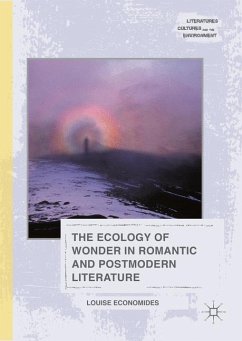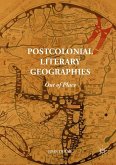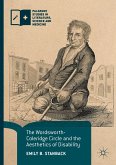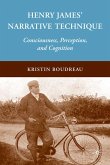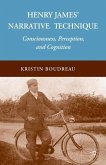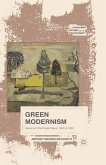This book traces the aesthetic of wonder from the romantic period through contemporary philosophy and literature, arguing for its relevance to ecological consciousness. Most ecocritical scholarship tends to overshadow discussions of wonder with the sublime, failing to treat these two aesthetic categories as distinct. As a result, contemporary scholarship has conflated wonder and the sublime and ultimately lost the nuances that these two concepts conjure for readers and thinkers. Economides illuminates important differences between these aesthetics, particularly their negotiation of issues relevant to gender-based and environmental politics. In turn, readers can utilize the concept of wonder as an open-ended, non-violent framework in contrast to the ethos of domination that often surrounds the sublime.
"The Ecology of Wonder in Romantic and Postmodern Literature-part of the Literatures, Cultures, and the Environment series, which examines how ideas about nature are communicated in different cultures and in different eras-challengesthe Romantic definitions of these aesthetic categories. Economides treats sublimity and wonder as distinct aesthetic concepts." (Iyad Mukahal, Hungarian Journal of English and American Studies, Vol. 24 (2), 2018)

